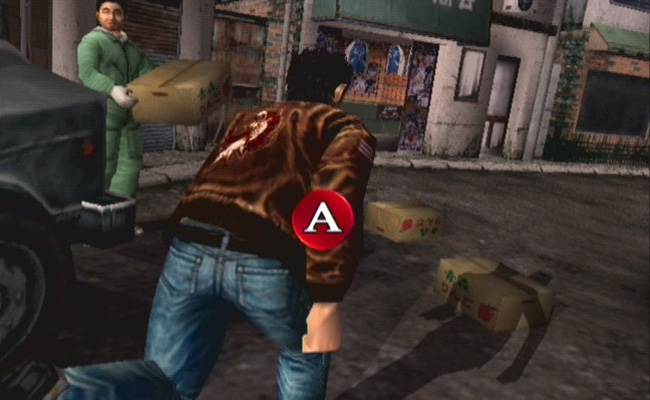If there ever was a push-and-pull within the gaming world, it would have to be that imaginary line that exists between gameplay and story. For some gamers, fun factor is the most important, to others, the story is. The fact is, games started out as just that — games. They were intended to be played, to be fun and to be an affair that involves you sitting down (or standing up at an arcade cabinet) and going to town. That isn’t to say that story hasn’t been an integral part of games from the beginning, because a lot of earlier games have some semblance of a story tacked onto it, but it was never that important. 1981’s Donkey Kong is considered to be the first game where a storyline was played out on the screen. Jumpman (later Mario) owned an ape, mistreated him, and said ape kidnapped his girlfriend and decided to throw barrels at him as punishment.
It was a deep, existential experience if there ever was one, but stories in games have only gotten more and more complicated over the years, and there are times when a game can have an amazing story and the gameplay can be lacking or vice versa. Then there are some games that try really hard to have a story that pulls you in but the game itself plays better than it unfolds. We give a lot of earlier games a pass when it comes to story because there didn’t need to be a whole overarching reason for us to sit down and play a game. Castlevania begins with Simon Belmont standing out in front of a castle and just goes from there. Along the way you learn that he’s a vampire hunter and has to stop Dracula, but that really doesn’t matter that much, does it? It doesn’t matter because we were all playing those games because they were fun.
Story matters, though, and many times you will sit through weird gameplay quirks and glitches if you are invested in the story of the game. Recently I’ve revisited the Shenmue games, which I love dearly, and as much as I hate to admit it, I find the games to be a bit clunky to control. Stuff like walking and just general exploration feels like a chore a lot of the time and I’d find myself wondering what I saw in the game. Then after getting re-immersed in the story, it no longer matter and I found myself just pushing through some of the monotonous portions of the games (How about Lucky Hit?) because I wanted to push the story ahead further.
I like to use Metal Gear Solid 2 as an example a lot, as there was just so much story in that game and it felt like not enough game. That being said, for fans of the series, that story was incredibly engrossing and made them want to keep playing not only that game, but the ones that followed it. In a way, there is nothing wrong with that. Sure, you could argue that the point of a game is for it to be a “game” and for it to be played, but there are many who will say that games have evolved and are about the experience. The experience that Metal Gear Solid 2 gave to gamers was one that they won’t soon forget, and isn’t that what this is all about?
Games are just another entertainment medium in the end, and how much story you like is completely up to you. Some games will be what you want and others won’t be. Just like when it comes to movies; some movies and genres will appeal to you, while others won’t. Sure, there will be some games that are just flat out bad, but just because it has more of an element that you dislike doesn’t make it a bad game.



0 Comments